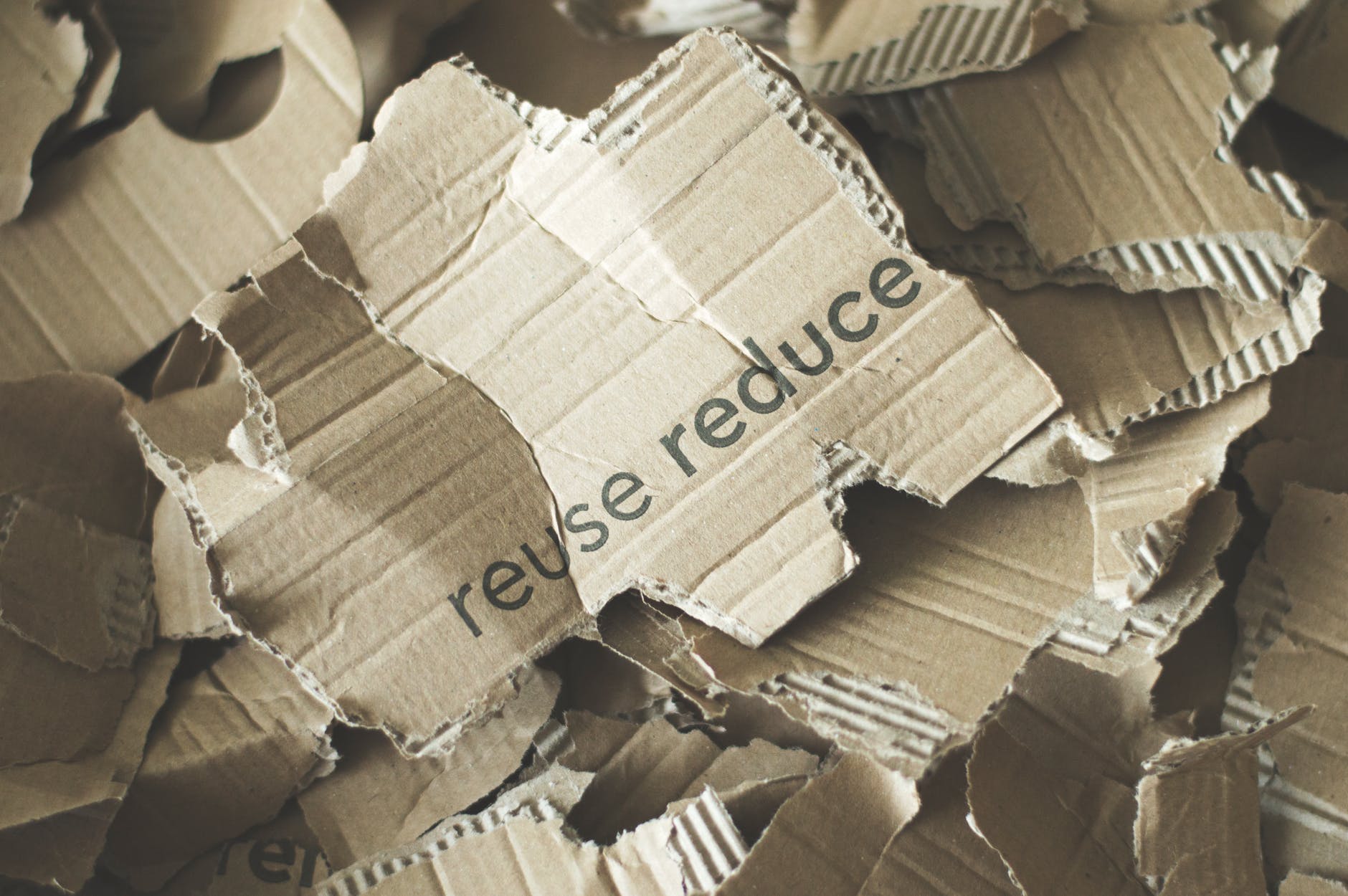
At this present state of this world, people are facing a no. of problems in their everyday lives both environmentally and personally. Environmental problems are of more concern and must be dealt efficiently. One amongst them is the problem of dealing with non-recyclable goods mainly plastic.
India, facing such tough circumstances, resolved that it won’t accept post-consumer plastic imports from other counties. It would come to effect probably in the approaching August, 2019. China had previously taken such a resolution only a year ago and in some parts of the United States, the waste companies were bound to dump the waste in the sanitary landfills. Kate Bailey, policy and research director at Ecocycle, a nonprofit recycling organization in Colorado, says “As of 2015, 34 percent of waste was recycled, though, since the start of single-stream recycling—the use of catchall bins for paper, plastic, and aluminum—we’ve gotten worse at recycling. Perhaps it’s aspirational: we want things to be recyclable, and so we place them in the blue bin hoping they’ll be reborn as a park bench or insulation in a jacket. Or perhaps we’re just confused.” But the problem arises when the countries refuse the U.S. recyclables because of its high contamination.
Following are the DO’s and DON’T’s for better recycling:
DO’s.
- Use of Paper products, Glass and Aluminium containers over Plastic must be encouraged and practised thoroughly.
- Plastic containers such as bottles, tubs, jars and so on must be rinsed and then disposed as food stuck on such containers attracts pests. And they must be closed with their lids back on as the end markets want the lids whereas on mixed containers such as glass the lid must be removed.
- Paper products must be composted instead of recycling it as the food stuck in paper containers makes it unrecyclable.
- Try to give away plastics to the local waste collector.
- Garbage must be binned directly and bagging them must be avoided because When the bags come to a recycling facility, they get pulled out and put into the trash.
DON’Ts.
- Use of plastic bags must be stopped, they, if possible, must be used for shopping or must be disposed at bins exclusively arranged for collecting plastic bags.
- Scrap metals, crushed cans, cartons contaminate. Irresponsible handling should be strictly discouraged and must not be practiced.
- Bailey says, “Diapers and syringes also wind up at Ecocycle’s facilities. They’re not only not recyclable, but hazardous to workers.”
Reuse
- Non-Recyclable plastic materials such as Styrofoam, Bubble Wraps, Chips Packets, Candy Wrappers and so on must be disposed in sanitary landfills.
- Shopping bags, Coffee mugs, Cold Drink bottles can and must be reused instead of disposing off. Such efforts still cannot withstand the effect of non-recyclable packaging. Bailey says, “Please use your voice and tell the company that you’d love to see something that’s more recyclable.”







Leave a Reply